Jesus often calls his listeners to surpass the righteousness of the scribes and Pharisees, the ones who kept the Law perfectly and put themselves in high places of judgment over others. We are mostly familiar with Jesus’ warnings against the false holiness of those who elevate themselves and insulate themselves from the demands of true charity, hiding behind the Law.
But today we hear him quoting the Law and then saying that it does not go far enough. In a whole series of teachings, Jesus says, “You have heard it said to your ancestors…. But I say to you….” He interprets the Law in a deeper way, putting himself above it. This is serious business. The Jews identify themselves above all as God’s Chosen People, and the Law of Moses (God’s own message to Israel) is their ID card! Jesus claims to bring this Law to fulfillment, asserts himself as higher than the Law, and begins to explain the deeper meaning of the Law. The only way to interpret this is that Jesus is claiming to have God’s own authority.
How does Jesus’ interpretation of the Law differ? He is explaining the Law – which could easily be viewed from a superficial and external perspective – from the true desire of God’s own Heart for ours. Our external behavior should not simply obey the “letter of the law,” but should follow God’s will for us out of love. In other words, our external behavior should mirror our interior thoughts and desires, which should be aligned with God’s thoughts and desires.
“You shall not kill” does not only rule out murder, but encompasses our entire being and the deepest recesses of our heart. So claiming, “Well, I haven’t killed anyone,” isn’t enough to satisfy God’s deeper desire for us. We are not obeying God’s deeper commandment if we are seething with anger or calling someone names or (probably most serious of all) refusing to forgive them. We are called to conform our thoughts and sentiments to those of God Himself, and love those who act against us or hurt us in some way.
This is what Jesus means when he refers to surpassing the righteousness of the scribes and Pharisees, those who patted themselves on the back for their external adherence to the Law. True obedience, the adherence that pleases the Heart of the Father, comes from our loving trust in His Providence and does not stop with exterior conformity only. God cares about what happens in our mind and heart. We are called to more than the letter of the Law; we are called to be His true children, who obey fully out of love.
Jesús llama a menudo a sus oyentes a superar la justicia de los escribas y fariseos, los que guardaban perfectamente la Ley y se colocaban en lugares elevados de juicio sobre los demás. Conocemos sobre todo las advertencias de Jesús contra la falsa santidad de quienes se elevan y se aíslan de las exigencias de la verdadera caridad, escudándose detrás de la Ley.
Pero hoy lo escuchamos citar la Ley y luego decir que no va lo suficientemente lejos. En toda una serie de enseñanzas, Jesús dice: “Han oido que se dijo a los antiguos…. Pero yo les digo…” Interpreta la Ley de manera más profunda, poniéndose por encima de ella. Éste es un asunto serio. ¡Los judíos se identifican sobre todo como el Pueblo Elegido de Dios, y la Ley de Moisés (el propio mensaje de Dios a Israel) es su tarjeta de identificación! Jesús pretende cumplir esta Ley, se afirma como superior a la Ley y comienza a explicar el significado más profundo de la Ley. La única manera de interpretar esto es que Jesús afirma tener la propia autoridad de Dios.
¿Cómo es diferente la interpretación de Jesús de la Ley? Está explicando la Ley –que fácilmente podría verse desde una perspectiva superficial y externa– desde el verdadero deseo del propio Corazón de Dios por los nuestros. Nuestro comportamiento externo no debe simplemente obedecer la “letra de la ley”, sino que debe seguir la voluntad de Dios para nosotros por amor. En otras palabras, nuestro comportamiento externo debe reflejar nuestros pensamientos y deseos interiores, los cuales deben estar alineados con los pensamientos y deseos de Dios.
“No matarás” no sólo excluye el asesinato, sino que abarca todo nuestro ser y lo más profundo de nuestro corazón. Entonces, afirmar: “Bueno, no he matado a nadie” no es suficiente para satisfacer el deseo más profundo de Dios por nosotros. No estamos obedeciendo el mandamiento más profundo de Dios si estamos furiosos o insultamos a alguien o (probablemente lo más grave de todo) nos negamos a perdonarlo. Estamos llamados a conformar nuestros pensamientos y sentimientos a los de Dios mismo y a amar a quienes actúan contra nosotros o nos lastiman de alguna manera.
Esto es lo que Jesús quiere decir cuando se refiere a superar la justicia de los escribas y fariseos, aquellos que se felicitaban por su adhesión externa a la Ley. La verdadera obediencia, la adhesión que agrada al Corazón del Padre, proviene de nuestra confianza amorosa en su Providencia y no se limita únicamente a la conformidad exterior. A Dios le importa lo que sucede en nuestra mente y corazón. Estamos llamados a algo más que la letra de la Ley; estamos llamados a ser sus verdaderos hijos, que obedecen plenamente por amor.
 Kathryn Mulderink, MA, is married to Robert, Station Manager for Holy Family Radio. Together they have seven children (including Father Rob), and seven grandchildren. She is President of the local community of Secular Discalced Carmelites and has published five books and many articles. Over the last 30 years, she has worked as a teacher, headmistress, catechist, Pastoral Associate, and DRE, and as a writer and voice talent for Catholic Radio. Currently, she serves the Church by writing and speaking, and by collaborating with various parishes and to lead others to encounter Christ and engage their faith. Her website is www.KathrynTherese.com
Kathryn Mulderink, MA, is married to Robert, Station Manager for Holy Family Radio. Together they have seven children (including Father Rob), and seven grandchildren. She is President of the local community of Secular Discalced Carmelites and has published five books and many articles. Over the last 30 years, she has worked as a teacher, headmistress, catechist, Pastoral Associate, and DRE, and as a writer and voice talent for Catholic Radio. Currently, she serves the Church by writing and speaking, and by collaborating with various parishes and to lead others to encounter Christ and engage their faith. Her website is www.KathrynTherese.com
Feature Image Credit: Marta Lozano, cathopic.com/photo/32679-fathers-embrace
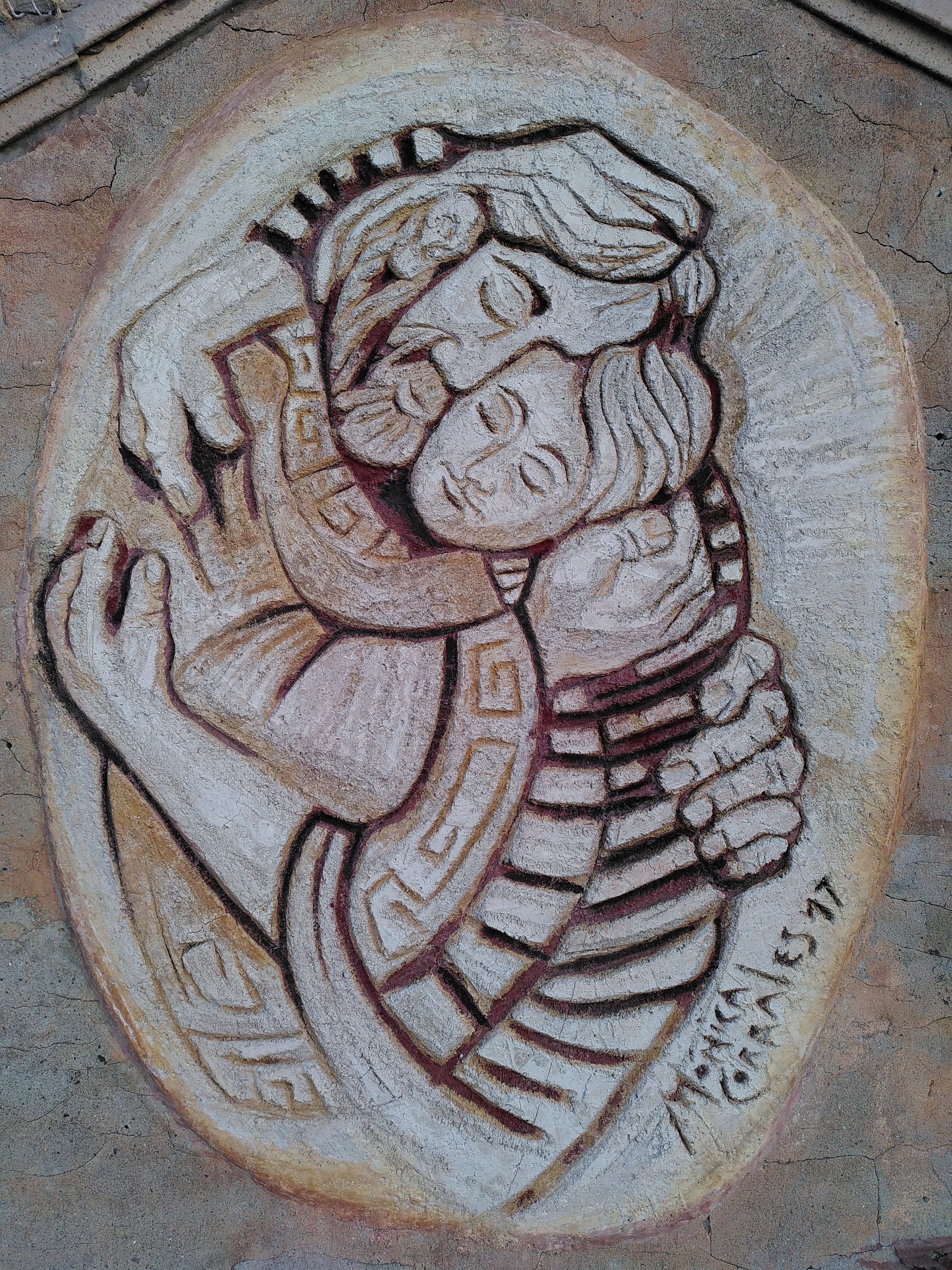
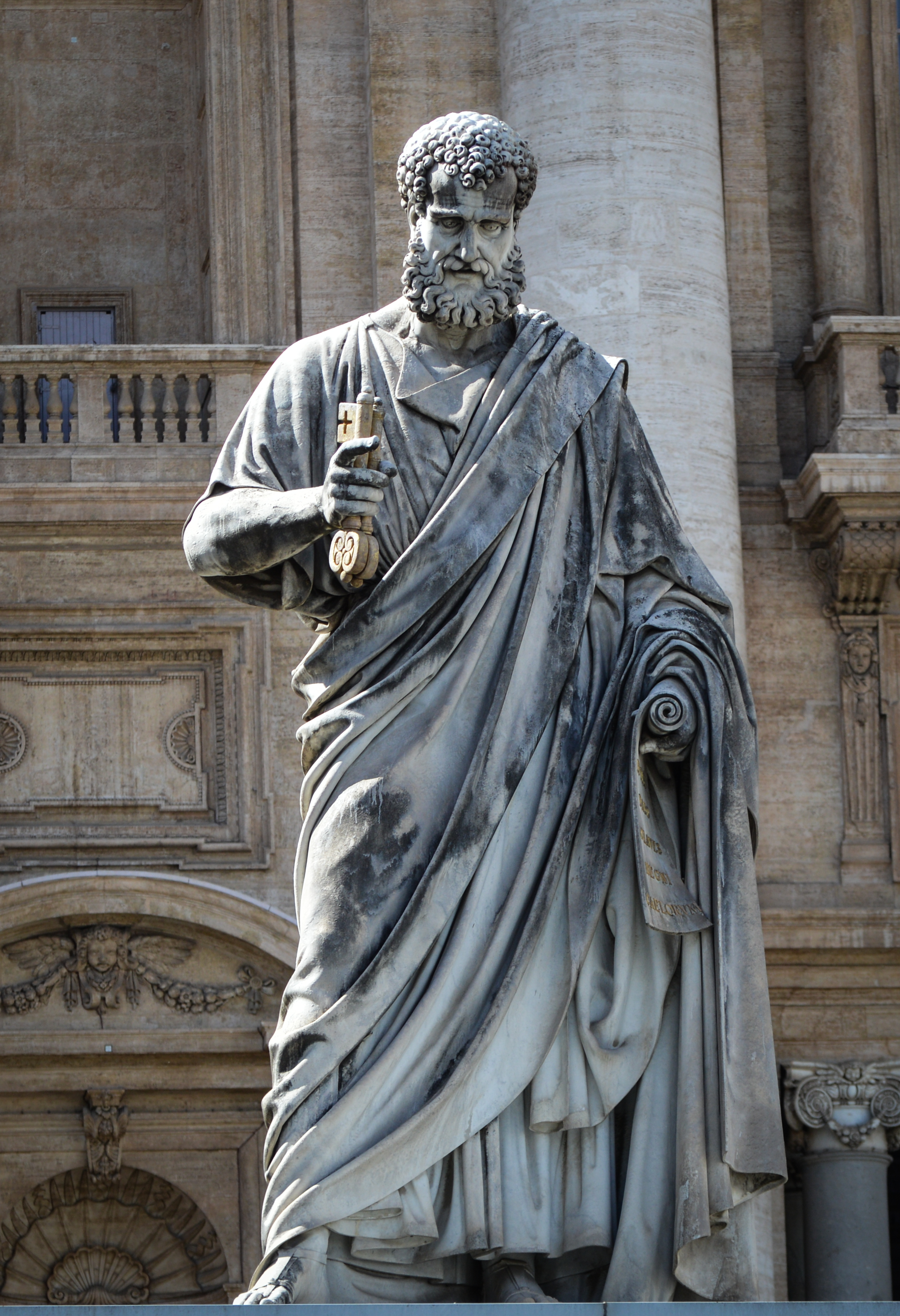

 Emily Jaminet is a Catholic author, speaker, radio personality, wife, and mother of seven children. She earned a bachelor’s degree in mental health and human services from the Franciscan University of Steubenville. She is the co-founder of
Emily Jaminet is a Catholic author, speaker, radio personality, wife, and mother of seven children. She earned a bachelor’s degree in mental health and human services from the Franciscan University of Steubenville. She is the co-founder of 

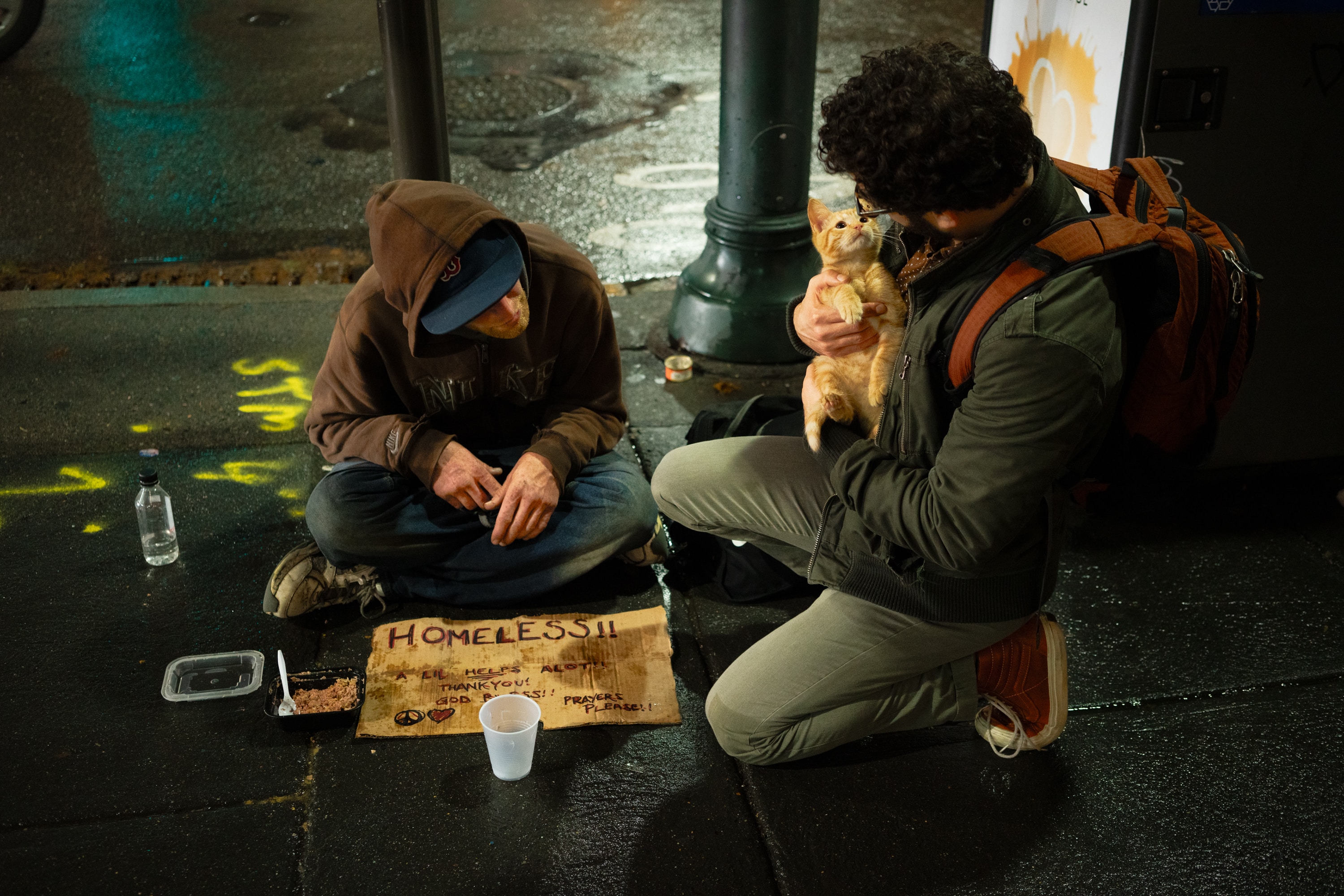
 A lover of Jesus Christ, a wife, and a mother of five, Christine is the author of Everyday Heroism: 28 Daily Reflections on the Little Way of Motherhood. She is a graduate of Franciscan University, an instructor for the Institute for Excellence in Writing, and an experienced catechist. Thrilled to have recently become grandparents, she and her husband currently live in Upstate, NY. Visit her author webpage at
A lover of Jesus Christ, a wife, and a mother of five, Christine is the author of Everyday Heroism: 28 Daily Reflections on the Little Way of Motherhood. She is a graduate of Franciscan University, an instructor for the Institute for Excellence in Writing, and an experienced catechist. Thrilled to have recently become grandparents, she and her husband currently live in Upstate, NY. Visit her author webpage at 

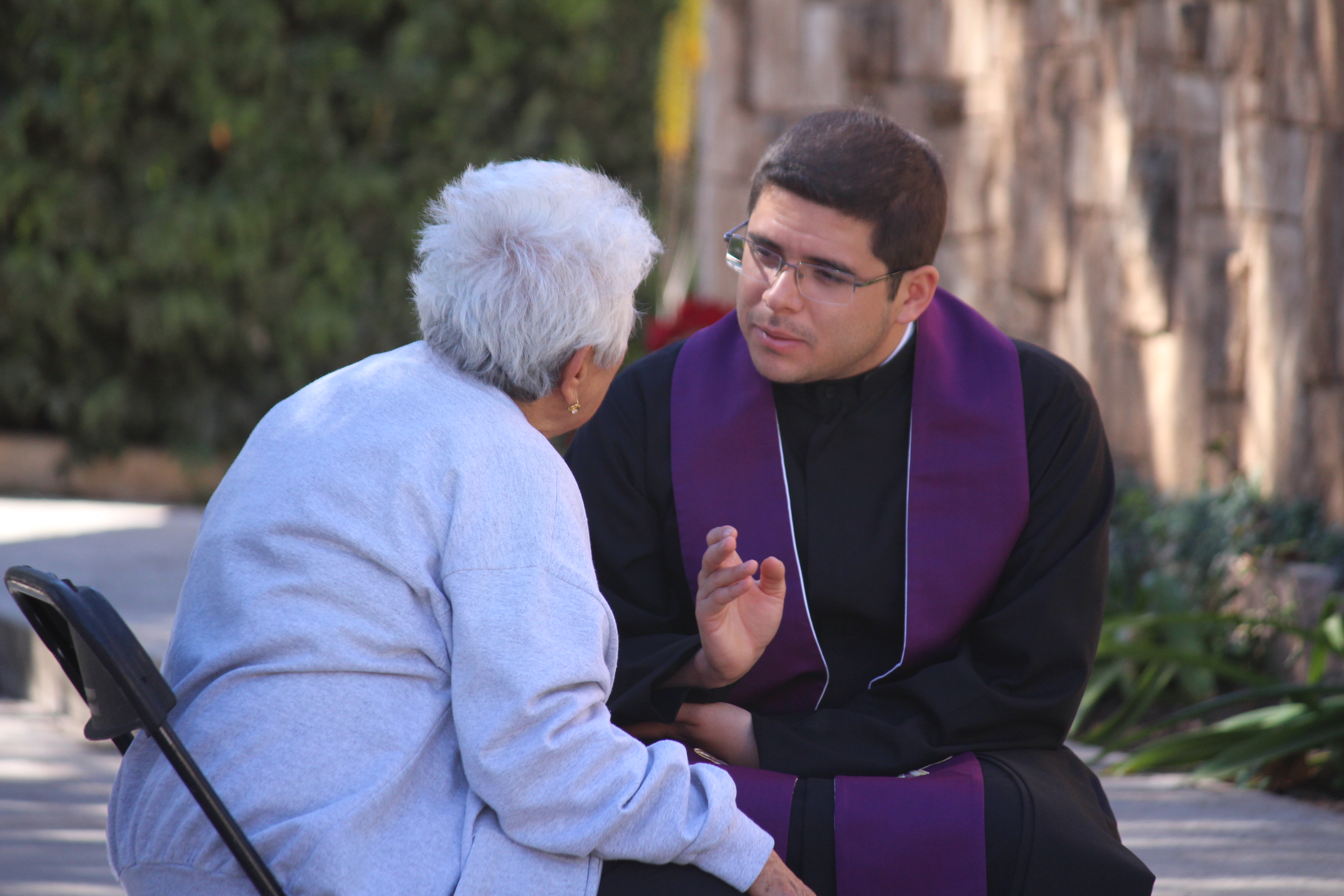
 Mike Karpus is a regular guy. He grew up in Michigan’s Upper Peninsula, graduated from Michigan State University and works as an editor. He is married to a Catholic school principal, raised two daughters who became Catholic school teachers at points in their careers, and now relishes his two grandchildren, including the older one who is fascinated with learning about his faith. He also has served on a Catholic school board, a pastoral council and a parish stewardship committee. He currently is a lector at Mass, a Knight of Columbus, Adult Faith Formation Committee member and a board member of the local Habitat for Humanity organization. But mostly he’s a regular guy.
Mike Karpus is a regular guy. He grew up in Michigan’s Upper Peninsula, graduated from Michigan State University and works as an editor. He is married to a Catholic school principal, raised two daughters who became Catholic school teachers at points in their careers, and now relishes his two grandchildren, including the older one who is fascinated with learning about his faith. He also has served on a Catholic school board, a pastoral council and a parish stewardship committee. He currently is a lector at Mass, a Knight of Columbus, Adult Faith Formation Committee member and a board member of the local Habitat for Humanity organization. But mostly he’s a regular guy.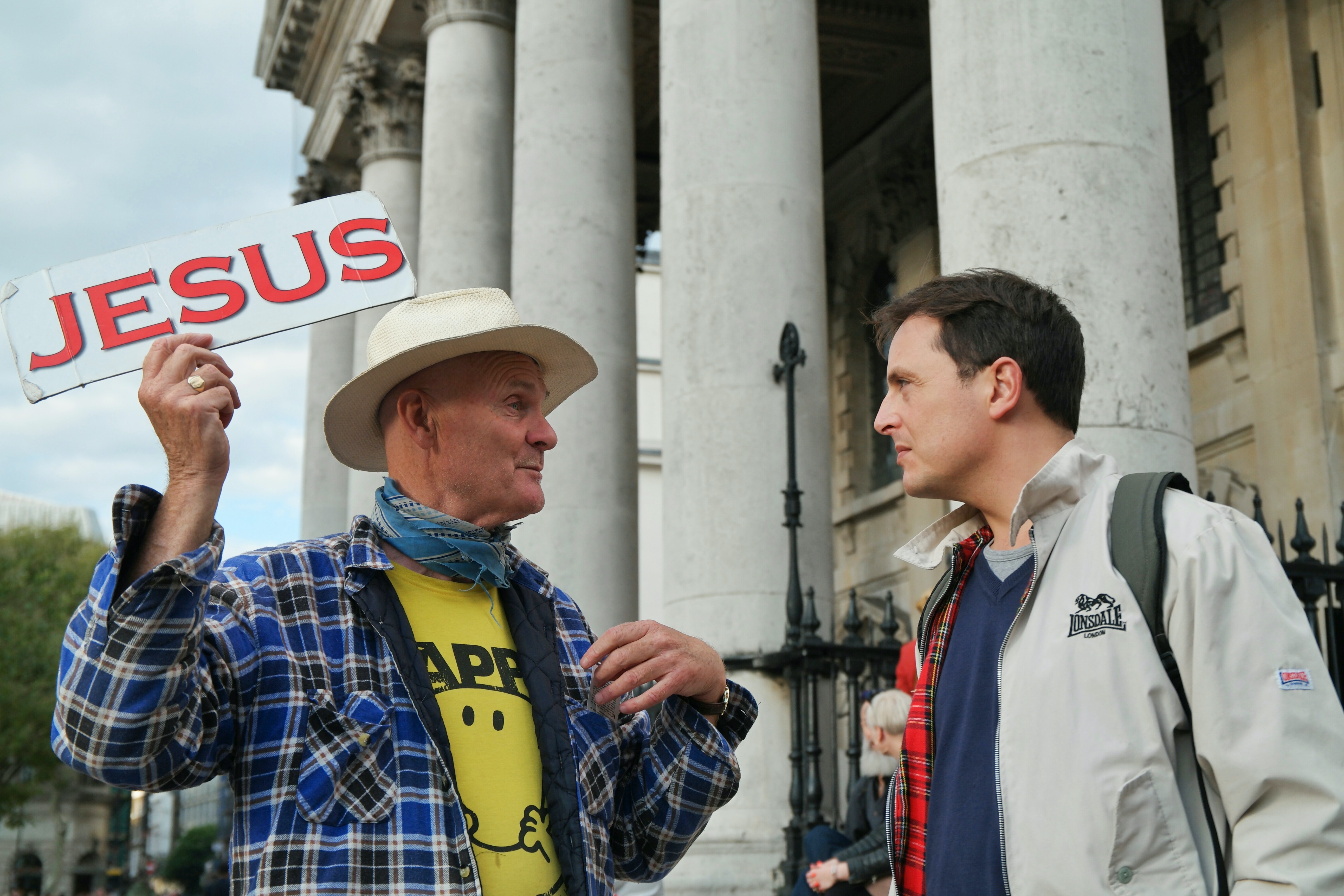
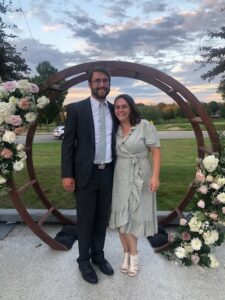 Heather Orlowski and her husband are busy parents of two little girls (ages 2 and 4). The Catholic Church holds a special place in her heart and in her entire life. She attended Catholic schools from Kindergarten through college. She graduated from Aquinas College with a degree in Elementary/Special Education. Catholic Education is very important to her and she now teaches 1st and 2nd grades at St. Therese Catholic School. In her free time, she loves creating memories with her family and watching her little girls play soccer.
Heather Orlowski and her husband are busy parents of two little girls (ages 2 and 4). The Catholic Church holds a special place in her heart and in her entire life. She attended Catholic schools from Kindergarten through college. She graduated from Aquinas College with a degree in Elementary/Special Education. Catholic Education is very important to her and she now teaches 1st and 2nd grades at St. Therese Catholic School. In her free time, she loves creating memories with her family and watching her little girls play soccer. 



 David Dashiell is a freelance author and editor in Nashville, Tennessee. He has a master’s degree in theology from Franciscan University, and is the editor of the anthology
David Dashiell is a freelance author and editor in Nashville, Tennessee. He has a master’s degree in theology from Franciscan University, and is the editor of the anthology 
 Kate Taliaferro is an Air Force wife and mother. She is blessed to be able to homeschool, bake bread and fold endless piles of laundry. When not planning a school day, writing a blog post or cooking pasta, Kate can be found curled up with a book or working with some kind of fiber craft. Kate blogs at
Kate Taliaferro is an Air Force wife and mother. She is blessed to be able to homeschool, bake bread and fold endless piles of laundry. When not planning a school day, writing a blog post or cooking pasta, Kate can be found curled up with a book or working with some kind of fiber craft. Kate blogs at 